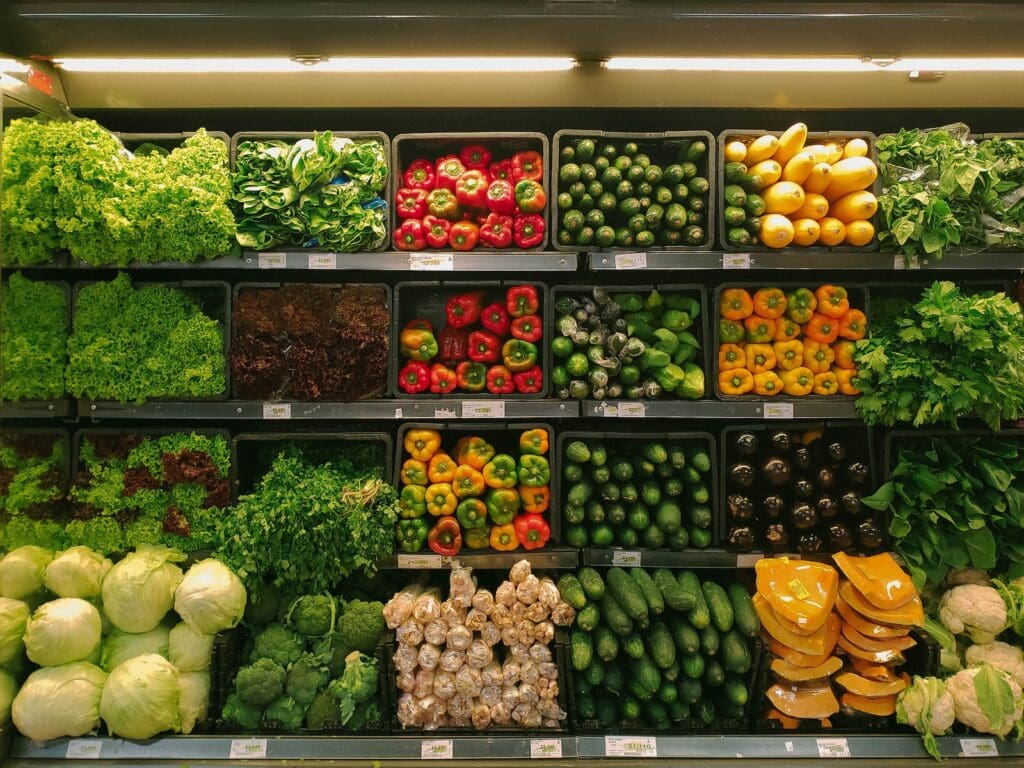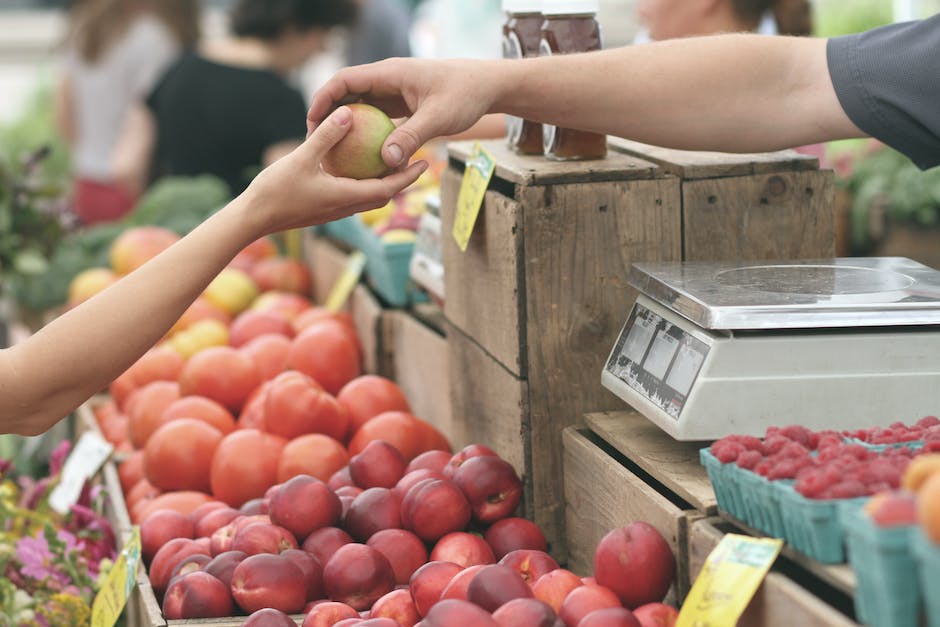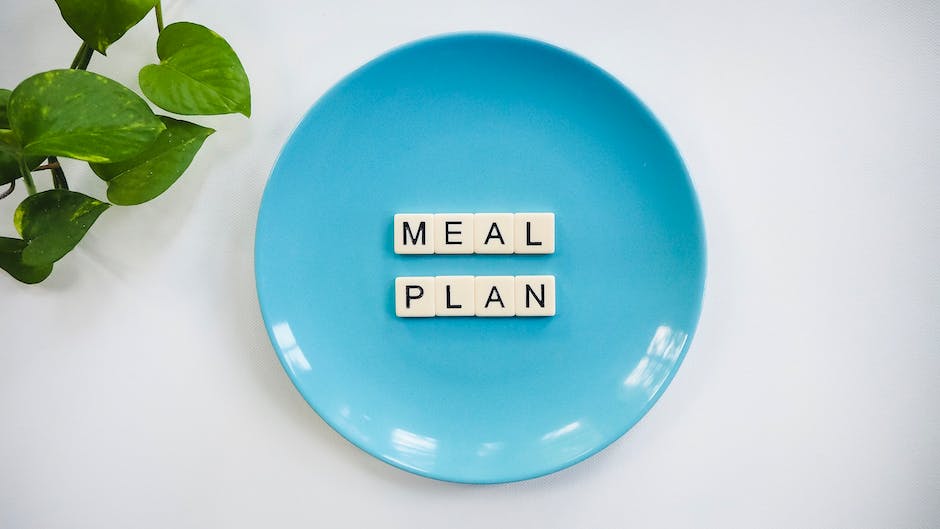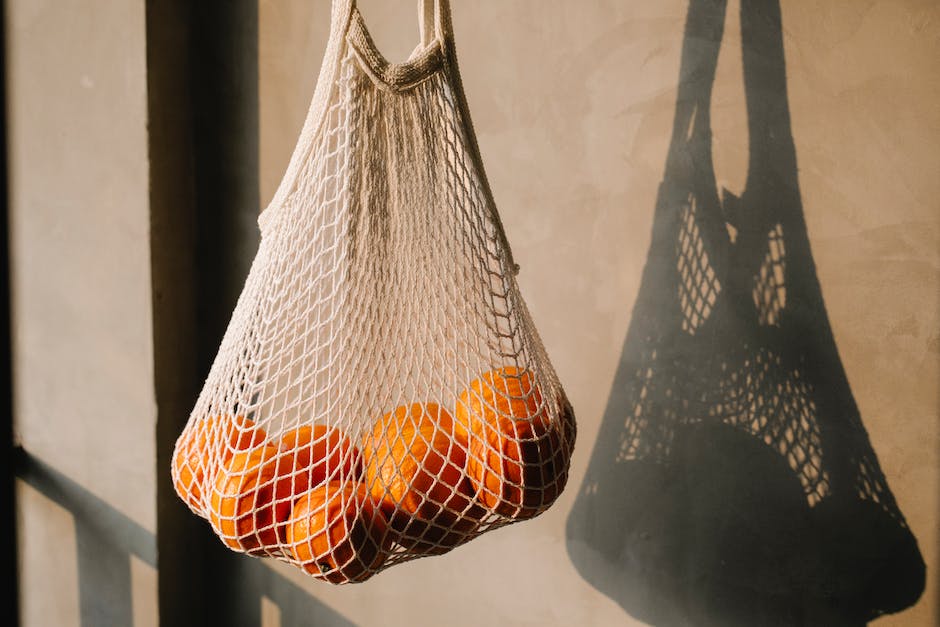A Journey Towards a Sustainable Lifestyle and Budget
Have you ever thought of the potential of zero waste grocery shopping in shaping your grocery budget?
Fret not, here’s an attempt at breaking it down for you.
Beyond sustainability, zero waste is a path to savings. Surprised? The reasoning is pretty straightforward.
Firstly, planning, buying in bulk, and cooking from scratch are not just eco-friendly practices, they’re also budget-friendly. Secondly, leftovers are not wasted food, but an avenue for creative culinary experiments.
Lastly, embrace do-it-yourself practices. Why? Because avoiding disposables will create a leaner shopping list.
So, are you ready for a sustainable lifestyle that doesn’t break your bank? Let’s get after it.

How can I reduce my grocery budget with zero waste practices?
The intersection of sustainability and savings
The idea of reducing your grocery budget might seem counterintuitive when discussing zero waste practices.
After all, aren’t eco-friendly options usually more expensive?
However, adopting zero waste practices can actually help you save money in the long run while also promoting sustainability.
1. Plan your meals and make a shopping list
Creating a meal plan and shopping list is essential to reducing waste and saving money.
Before heading to the grocery store, take some time to plan your meals for the week based on what you already have at home. This will help you avoid impulse purchases and prevent food waste.
Once you have your meal plan, make a shopping list of the ingredients you need. Stick to your list while shopping and resist the temptation to buy items that are not on it. This will prevent you from buying unnecessary items that may go to waste.
2. Buy in bulk and reduce packaging waste
Buying in bulk can be a great way to save money and reduce packaging waste.
- Look for stores that offer bulk bins for items like grains, beans, nuts, and spices.
- Bring your own reusable containers or bags to fill with these bulk items.
- Buying in bulk not only reduces packaging waste but also allows you to buy only the amount you need, preventing food waste.
3. Opt for whole foods and cook from scratch
Processed and pre-packaged foods are often more expensive and generate more waste compared to whole foods.
By cooking from scratch, you can not only save money but also have more control over the ingredients and packaging used.
Choose fresh fruits and vegetables, bulk grains and legumes, and unprocessed meats or plant-based protein sources. These options tend to be cheaper and produce less packaging waste.
4. Use up leftovers and reduce food waste
Reducing food waste is not only good for the environment but can also help you save money. Make a habit of using up leftovers creatively to stretch your ingredients further.
- Create new meals using leftover vegetables, proteins, or grains.
- Use vegetable scraps to make homemade vegetable broth.
- Store leftover ingredients properly to prevent spoilage.
5. Embrace DIY and reduce single-use items
Disposable items like paper towels, plastic wrap, and single-use water bottles can quickly add to your expenses.
Embracing a DIY mindset and finding alternatives for these convenience items can significantly reduce your grocery budget.
- Switch to reusable cloth towels or napkins instead of disposable paper towels.
- Invest in reusable food storage containers instead of relying on plastic wrap or baggies.
- Carry a refillable water bottle to avoid buying single-use water bottles.

Discovering the Power of Meal Planning for Zero Waste and Budget Reduction
The Economy of Eating: How Does Meal Planning Benefit Your Wallet?
While it may not always seem like a significant factor, your approach to meal planning can greatly affect your budget. Meal planning offers several concrete benefits for effective budget management.
Efficient Grocery Shopping
Shopping strategically based on planned meals results in targeted, necessary spending, reducing the chance of overspending on impulse purchases.
Wiser Food Choices
Adequate meal planning encourages wiser food choices which are not only healthier, but can be cheaper than convenience or processed foods.
Prevents Overeating
When we plan and portion our meals ahead, we eat just enough, thus preventing overeating and inadvertent spending on excess food.
Eco-Friendly Eating: Meal Planning for Zero Waste
If you feel connected to the cause of protecting our environment, you’ll be pleasantly surprised to know that meal planning can play a pivotal role in your zero waste journey. But how does it happen?
Reduces Food Waste
Meal planning helps ensure that we consume what we have before we go and buy more. This reduces the likelihood of food going to waste.
Promote Conscious Consumption
Meal planning makes us more intentional and conscious about what we’re putting on our plates, promoting more sustainable food practices over the long run.
Minimizes Package Waste
Planning our meals implies we might choose meals that lend themselves to fewer packages. Fewer packages mean less waste for the environment to deal with.
Turning the Tables: The Impact of Meal Planning on Budget and Waste
| Aspect | Impact of Meal Planning |
|---|---|
| Personal Budget | Savings due to reduced impulse buying and healthier, cheaper food choices |
| Zero Waste Practices | Less food waste, sustainable food practices, and minimized package waste |
Words into Action: The Road to Economic and Environmentally Wise Meal Planning
Craft a List
Before you head to the grocery store, make a list of what you need. This not only reduces impulse buying but also ensures you adhere to your plan.
Go Seasonal
Purchase seasonal fruits and vegetables. Not only are these more flavorful and nutritious, but they’re often cheaper and contribute less to environmental waste as well.
Incorporate Leftovers
Creative utilization of leftovers can be a money- and waste-saving miracle.
Sign Off

Transformative Zero Waste Tools for Grocery Shopping
The Power of Bulk Buying
Buying in bulk not only reduces packaging waste but can also save money. How is that possible? Well, purchasing a larger-size item often has a lower ‘per unit’ price.
Reusable Grocery Bags and Jars
Bidding goodbye to single-use plastic may just be the first key to zero waste shopping. By using reusable bags or mason jars for bulk buys, you can significantly eliminate waste and save money spent on bag fees.[1](#1)
Composting
Did households’ composting practices [2](#2) made waste reduction possible while saving their grocery budgets? Indeed! Composting kitchen scraps cuts down trash and nourishes your plants. Now, more nutrients for your plants mean more homegrown food and fewer greens on the grocery list.
Food Storage Containers
How about getting your hand on the powerful tool of reusable food storage containers? Keeping your perishable food fresh longer and therefore consuming all that you bought is a sure-shot way to lower grocery costs and food waste.
Digital Tools
Grocery Shopping Apps
Many shopping apps today enable price comparison, ensuring you get the best value for your money. Some even have features for tracking your pantry, so you only shop what’s needed[3](#3).
Zero Waste Apps
Say hello to zero waste apps! These magical tools connect you with local communities practicing zero waste, providing inspiration, and pointing you to zero waste-friendly stores[4](#4).
2. Composting at Home – EPA
3. Best Apps for Saving Money on Groceries – Consumer Reports
4. Best Zero Waste Apps – Treehugger

From Your Backyard to Your Kitchen: A Sustainable Approach to Feeding Your Household
Direct Connection with Mother Nature
Establishing your own kitchen garden is an enjoyable way to harness that raw and untouched connection to the Earth.
Isn’t there something deeply satisfying about pushing a tiny seed into the ground, watching it blossom into a blooming plant, and eventually harvesting its super fresh and natural produce?
Casting Away the Middleman
Do you ever consider the carbon emissions it takes for your tomatoes to arrive from a farm thousands of miles away?
By producing your own food, you’re not only shrinking the distance between the farm and your plate, but also aiding in reducing carbon emissions, thus promoting a more environmentally-friendly lifestyle.
Reduced Use of Plastic Packaging
Take a moment and visualise the shelves of your grocery store. How is everything packaged?
The harsh reality is that much, if not most, items are housed in single-use plastics, leading to an enormous waste issue. What if we could eliminate that plastic completely?
List of Edible Plants to Start Growing
- Tomatoes
- Garlic
- Peppers
- Eggplants
- Zucchinis
The Nutritional Windfall
Packing your meals with your freshly harvested homegrown produce means you are feeding your family the freshest, most nutrient-dense food possible. Locally grown foods have peak nutrient content as they do not need to be harvested early for transport, unlike the varieties found in the grocery store.

Benefits of Incorporating Zero Waste Practices in Grocery Shopping
Wrapping things up, let’s talk about how zero waste practices when grocery shopping can do wonders for the budget and environment.
Meal planning and crafting a shopping list can stave off those impromptu buys while curbing food waste. Choosing to buy in larger quantities and selecting whole foods can prove economical while decreasing packaging waste.
Embrace using leftovers creatively and crafting homemade alternatives to disposable items — these tactics will further cut down both culinary and packaging waste. End of the day, it all leads to a more sustainable and cost-conscious lifestyle.
Role of Meal Planning in Zero Waste Practices
Meal planning plays a pivotal part in a zero waste lifestyle while coming in handy for personal financial management and eco-conscious dining.
It facilitates efficient shopping, smarter food picking, and helps in avoiding overeating. Notably, meal planning diminishes food waste, fosters thoughtful consumption, and minimizes packaging waste, making it a formidable tool in achieving zero waste targets.
Transformative Zero Waste Practices: Bulk Buying, Composting, and More
By adopting revolutionary zero waste strategies like bulk purchasing, using reusable containers, composting, and leveraging digital tools like apps for grocery shopping and zero waste practices, one can further minimize waste and thus save some green.
Benefits of Starting a Kitchen Garden
For a sustainable touch, how about nurturing your kitchen garden? Gardening connects you directly with Mother Nature, cuts carbon emissions, avoids plastic packaging use, and gifts you with the freshest, most nutrient-rich produce.
The Power of Choosing a Zero Waste Lifestyle
Opting for zero waste habits in your grocery shopping not only helps you lessen your environmental footprint, but it also enables you to cut down expenses and lead a more sustainable lifestyle. How about switching gears to these practices and bring about a beneficial shift for both your bank balance and the globe?





